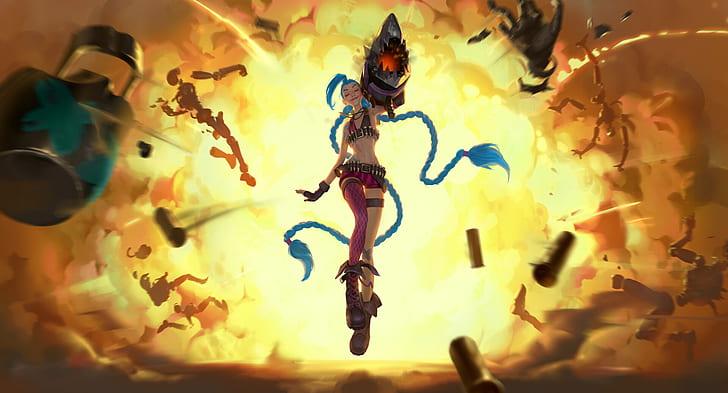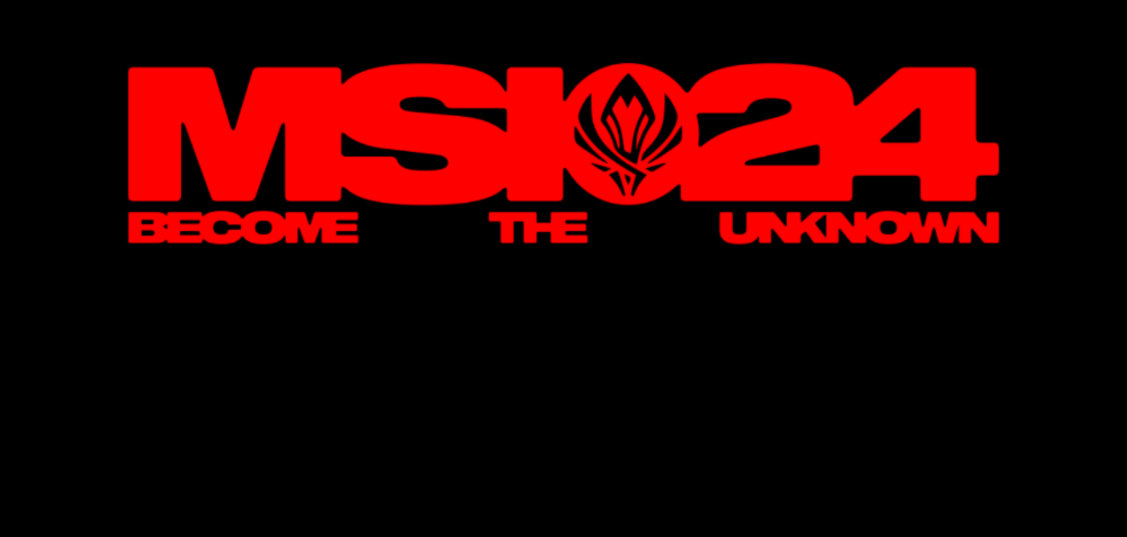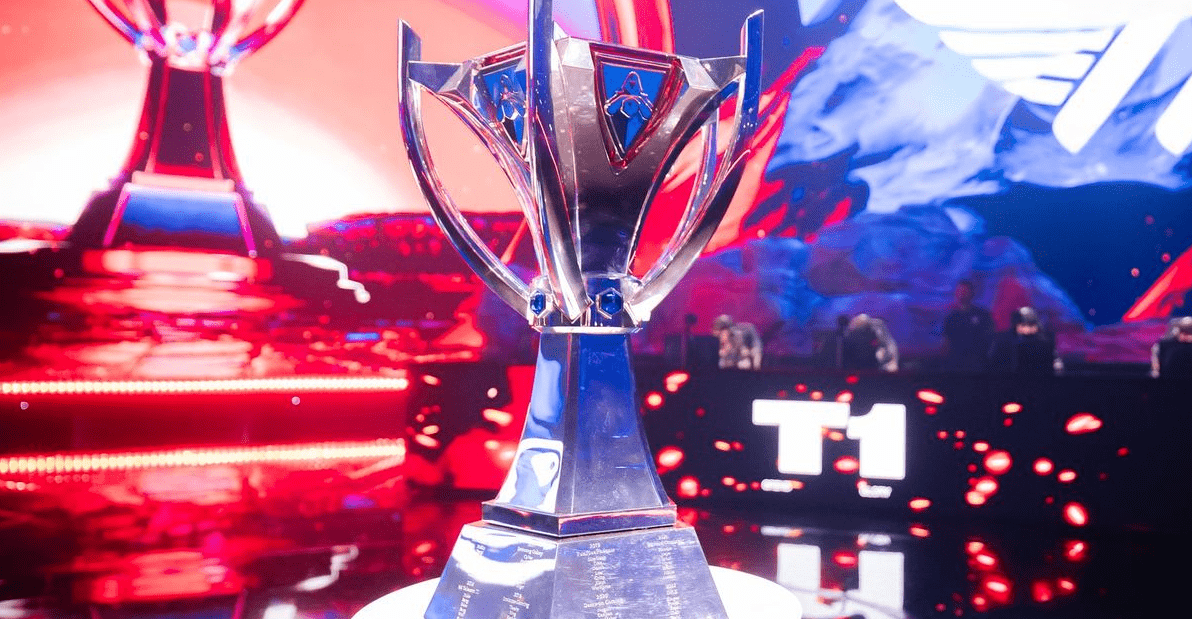Thorin’s Take: League’s Role Balance Problem

League of Legends is a game which, despite the developer’s initial claims, has long since settled into five established roles and the balance of those roles has proven essential and elementary to the emergence of meta-games which reward both intellectual and physical prowess from the player.
As the years have gone on, more emphasis seems to have been placed upon evening up the disparity between the roles and thus Jungle and Support are at times strong within their own right and outside of the context of their roles traditionally. That has come at the cost of the sacrifice of the very role balance which gave LoL its greatest metas.
Power creep
Vitality’s upsets at S8 Worlds were memorable (Credit: lolesports)
While aficionados of slow-paced tactical League of Legends feasted from 2014 through 2017, a common sentiment expressed was that the game had lost some of its unique charm and identity. Rather than individuals being placed in position to carry, team coordination became the blueprint for success, thanks to shared vision burdens and Jungle and Support roles receiving much more gold and items than in the early seasons of the game.
Season 8 Worlds seemed initially like an antidote to the slow release poison of a world in which intelligent macro play is not just rewarded but practically mandated, with upsets and turnarounds taking place at a furious pace in the group stage. Still, the issue of role balance went largely unaddressed. Hence, the novelty and thrill of seeing underdogs prevail with scrappy skirmishes all over the map proved fleeting and by the end of the tournament some wondered how the pendulum could be swung back in the other direction, but not as far.
Should every role be fun?
League of Legends at its core is a fun or casual game, with it often being suggested that the game is primarily balanced around and designed for the lower levels of play, as opposed to the top professional level community. As such, it is perhaps no surprise those who play as Junglers and Supports have favoured the increased gold and potential for items the game has opened up for them from Season 4 onwards.
Thinking selfishly of a player’s own individual experience, one can easily see how this would be a more fun and seemingly rewarding experience. Likewise, what Support wants to be down-played as a “ward bot” and left to survive the langing phase against increasingly powerful ADC champions while sporting few items?
Jonathan Ogden playing Offensive Lineman for the Baltimore Ravens
Gold starved supportive elements who are tasked with providing vision might look at the weaker stats of their champions and slower progression through item builds and tunnel on their own idea of fun, but should every role be as much fun as the others? Does an offensive line-man in the NFL really get to have as much fun as the quarterback, running back or the wide receivers? It seems rather unlikely, as most people would define the fun of playing. While he protects his quarterback or blocks for his running back, the viewer’s eye is on those players and the glory goes to the men passing or taking the ball further up the field.
Similarly, in soccer, the greatest fun or short-term enjoyment is surely scoring goals, yet defenders rarely find opportunity for such experiences; in contrast to midfielders, wingers and strikers. Should their role be expanded to put them in more scoring positions, at the expense of a more offensive-minded role on the team? Surely that would defeat the beauty of the role balance in the game and to even suggest as much ignores the already vital but facilitative role those players already are tasked with.
Man advantage is your edge
Looking at the game from the perspective of an observer of high level play and ignoring the individual playing experiences of players, though, I can’t help but mourn the evolutionary path down which LoL has been pushed. Jungle and Support were roles in which a player could become legendary exactly because they were not traditional carry roles. The tight margins and relative weakness; contrasted with Top, Mid and ADC; allowed great Junglers to be hailed as genius thinkers and masterful Supports to control lanes and vision to a degree which was essentially game-changing.
Looking solely at income earned and items thus potentially purchased, the Jungle role was starved and weak in contrast to its status over the last few years or relative to the carry roles. Nothing like the beefy tanks of the Cinderhulk meta in Season 5 or the brutal carry junglers of Season 4. What does being a Jungler have to do with tanking or carrying, though?
To be sure, a massively successful ganking Jungler will be in position to potentially carry a game, but that is the extreme of a unique skillset which few will be able to exploit and thus seems an appropriate reward for the cerebral or mechanically gifted enough to reach such a point.
bengi was at his best controlling vision in S3 (Credit: lolesports)
The Jungle role, at its core, is about creating man advantage situations, most typically 2v1 or 3v2, in which the additional damage, health and abilities of the Jungler provide his team the opportunity to draw out Summoners, shift lane control or outright kill the opposing laners. That might come as a result of being intelligent enough to conceal the timing of your attack or due to mechanical outplay on the part of the Jungler. Either way, the role does not intuitively demand high damage output, sturdy health numbers or a multitude of items.
If a Jungler comes to a lane then he is doing so either to gank or counter-gank, so him being significantly weaker than opposing laners, in most cases, is not just logical but perhaps preferrable to ensure the role fulfills its place in balancing the meta-game and does not exceed its station and become unduly imbalanced, ironically as a result of attempting to balance individuals’ experiences playing.
Controlling the lane
The Support role, at its core, is appropriately named, as the player seeks to aid the growth of his AD Carry. Whether that comes through protecting him with spells, fighting with him to prevent deaths, warding to give greater awareness of potential danger or zoning off the opposing laners from harassing him. The ADC’s success is the Support’s success and how beautiful a sacrifice and responsibility upholding your end of that delicate bond can be.
A weak Support must be shrewd with his decision-making on when to go and ward, knowing he is both opening himself up to ganks and leaving his ADC without protection temporarily. Similarly, zoning off a strong opposing ADC champion showcases the Support’s mastery of range, his own champion’s abilities and his understanding of the threat of being engaged upon at any moment. In these trenches, the Support does his seemingly thankless but surprisingly impactful work.
Lacking as many items as most players, typically, by the time team-fights arrive, how much more effective and clutch does a Support’s well-timed locket, heal or shielding spell seem? The kills of the offensive roles will register directly on the scoreboard, but team-mates and experts will hopefully recognise the significance of a player saved from a would-be death or prevented from being cc’d and thus able to make a game-deciding play.
Supports dealing large amounts of damage, boasting Mid-lane-esque cool-down numbers and spamming abilities willy nilly in team-fights are an abomination to that noble lineage.
Difficulty reduction percentage
MadLife was justifiably a Support who transcended his role
Both of these supportive roles have seen their impact reduced, in terms of the traditional qualities of their role, as their impact on the stats page has seemingly been increased. Once a great Jungler and Support could stand out, as the likes of bengi and MadLife showed, with their exceptional understanding of vision control. There were no trinkets for laners and they were more focused on their own role than buying wards, typically. As such, these were roles which rewarded both cerebral and mechanical play, within reason.
A player like Gen.G’s Peanut shines so fiercely when given a Jungle champion that suits his mechanical strength, yet when his lanes are behind or his champion is more in the vein of a traditional Jungler, then he has been known to become invisible on the map. It seems to me a symptom of the sickness of role imbalance that a player can go from the MVP of the game to essentially a moving pink ward, all depending on the champion drafted and current meta of the game.
Similarly, one does not need to point to Season 6 Worlds’s ROX Tigers bringing out Support Miss Fortune to belabour the suggestion that Supports have become too strong relative to both their lane partners and the rest of the map. Calculating the threats in a team-fight can now leave a player looking like one of those twitter gifs with mathematical symbols whizzing around a confused frown.
Moderation in all things, including moderation
If everyone can carry, then nobody can. The individual’s ability might seem greater for Junglers and Supports, but this is a zero sum game. Their increased agency, in terms of damage and likelihood of survival, come directly at the reduced power, relatively, of the traditional carry roles in contrast.
A traditional carry’s impact is lowered since now he can potentially face more players who pose a threat to him, regardless of his own performance in the game. Where is the reward for the excellent ADC who is a few kills up early in the game? What of the Mid laner who narrowly grinds out a CS lead, but finds himself in a team-fight facing seemingly a whole team of opponents who can kill or lock him up immediately?
Carrying is more than just the expectation of the traditional carry roles, it is their responsibility. Sure, a player who is not the best mechanically at one of those roles can choose a semi-supportive playing style, as the likes of Hai and Pobelter have masterfully shown us, but that is its own unique skillset and is appropriately rewarded by the game. Carry Jungler and star Support status used to be based upon the excellence of the players in those roles, not the meta-game and the champion drafted.


